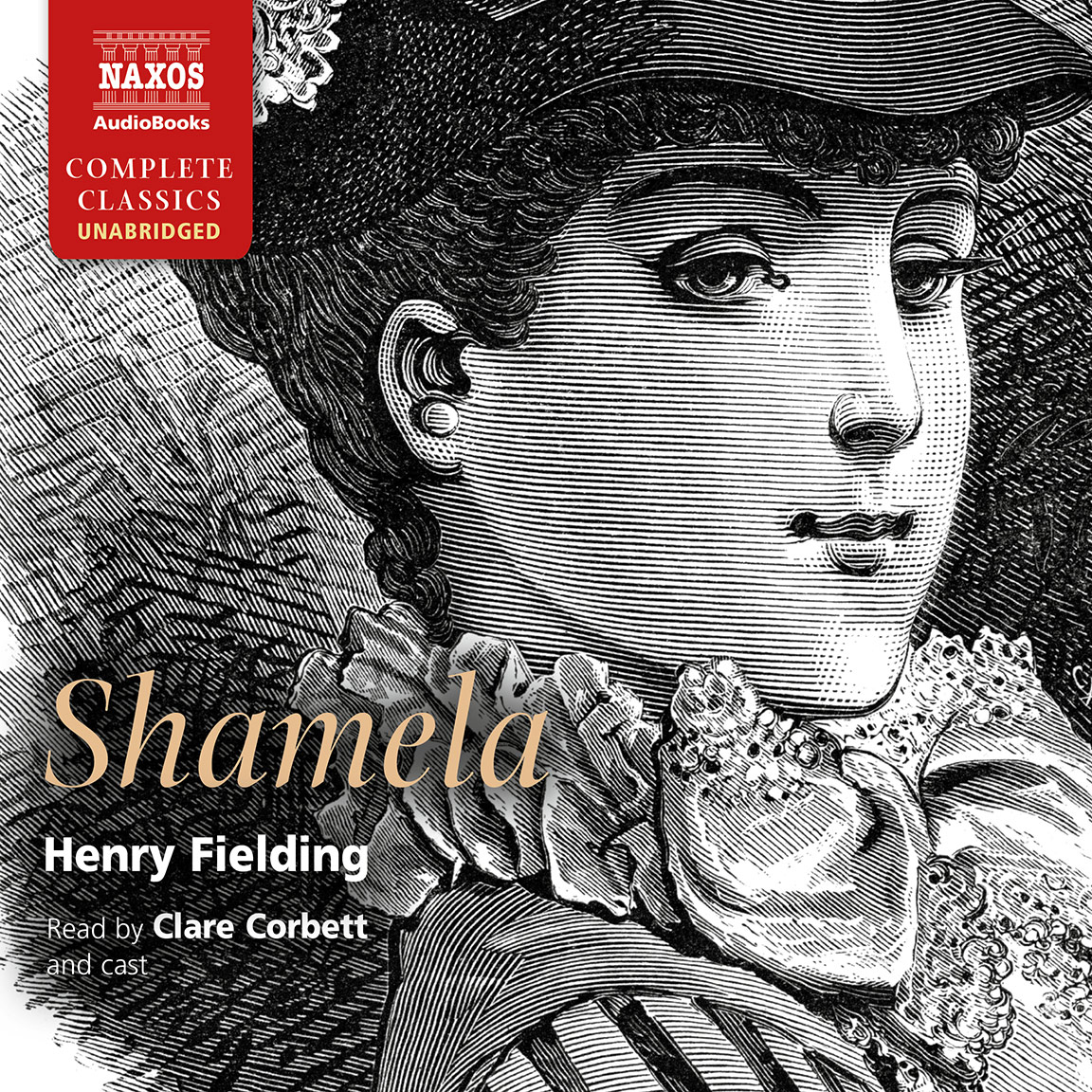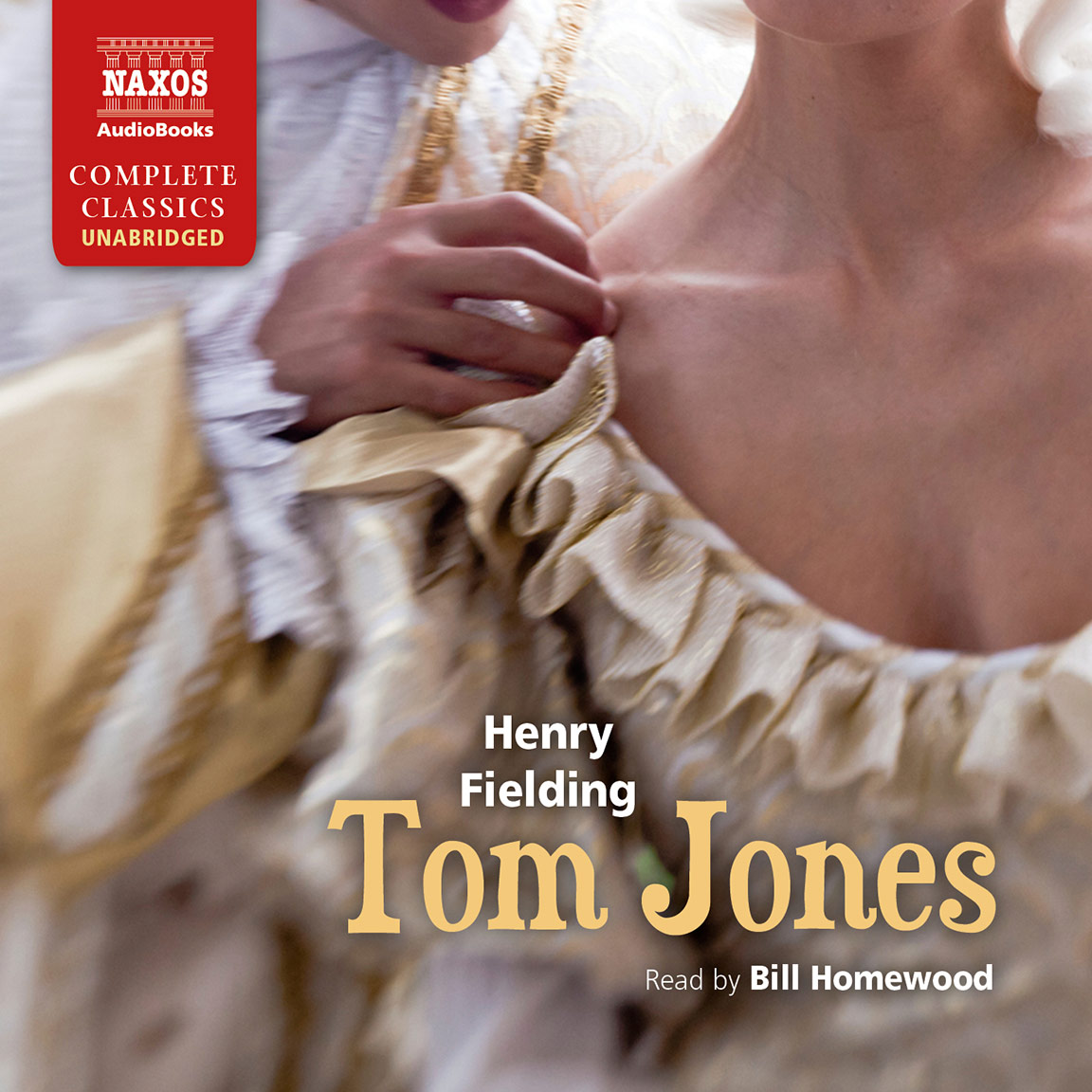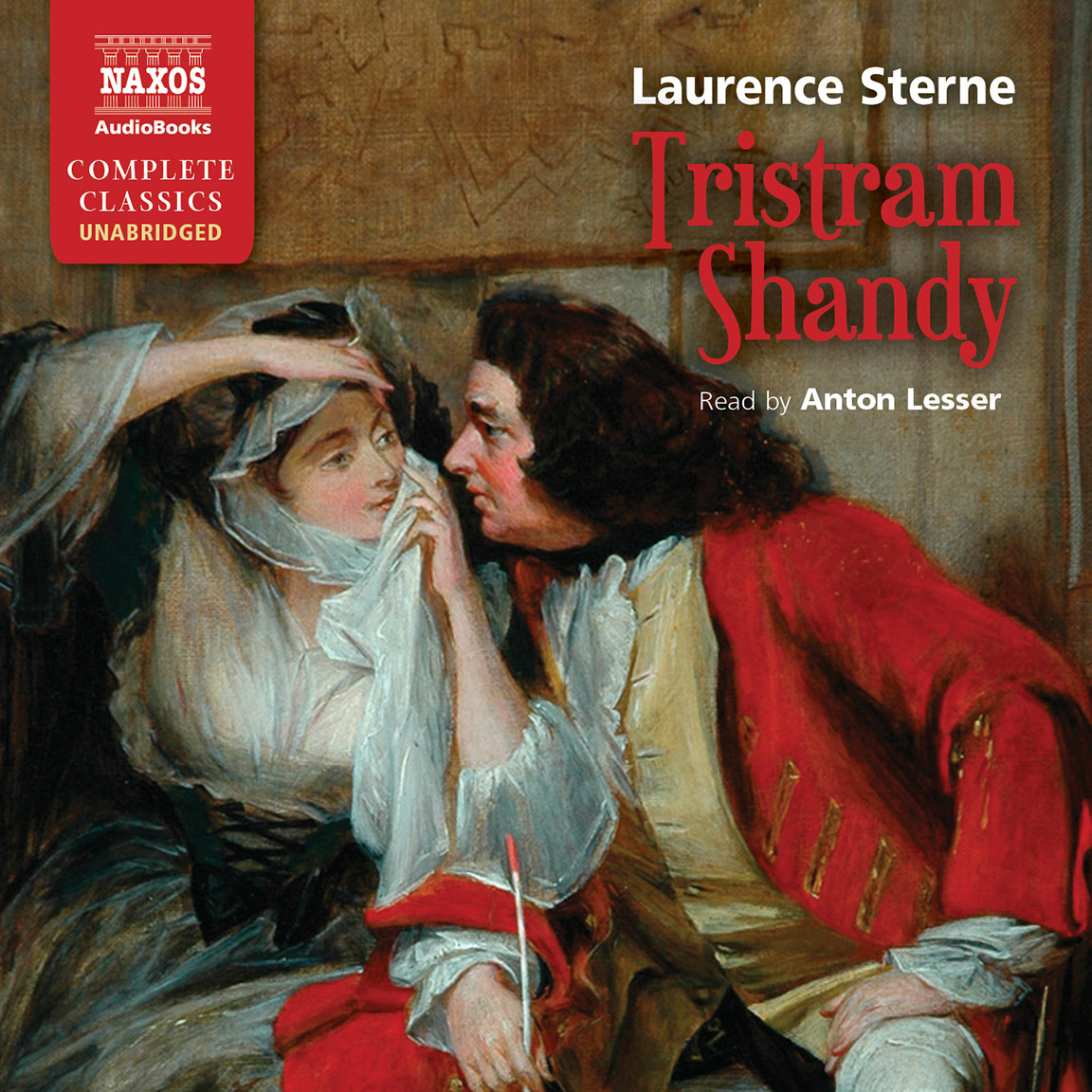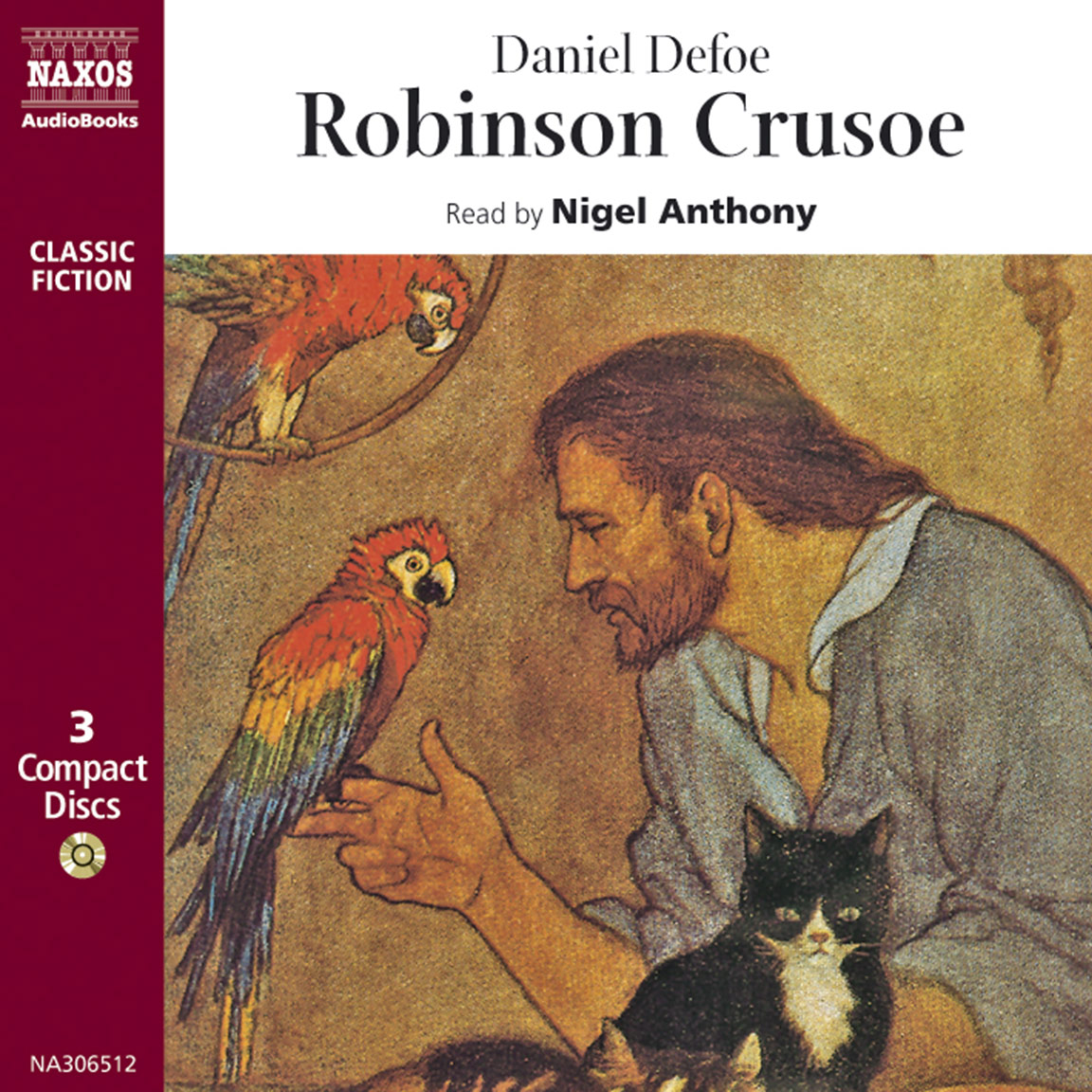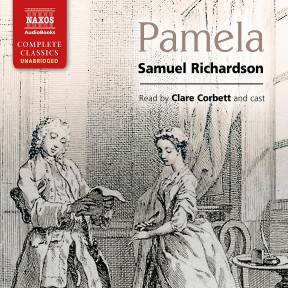
Audio Sample
Samuel Richardson
Pamela
Read by Clare Corbett, Neville Jason, Tom Burke, David Shaw-Parker, Joe Marsh & Georgina Sutton
unabridged
Pamela, Samuel Richardson’s tale of a beautiful teenage servant-girl protecting her virtue from the amorous advances of her master, created a furore on its publication in 1740. The reading public was split into two factions: those who accepted the story as an encouragement to virtuous behaviour, and those who saw it as disguised pornography. Written in the form of a series of letters from Pamela to her parents, Pamela is a landmark in the development of the English novel.
-
Running Time: 21 h 51 m
More product details
Digital ISBN: 978-1-84379-744-9 Cat. no.: NA0138 Download size: 321 MB Produced by: Neville Jason Edited by: Sarah Butcher BISAC: FIC004000 Released: August 2013 -
Listen to this title at Audible.com↗Listen to this title at the Naxos Spoken Word Library↗
Due to copyright, this title is not currently available in your region.
You May Also Enjoy
Cast
- Clare Corbett
- Pamela
- Neville Jason
- Author
- Tom Burke
- Squire
- David Shaw-Parker
- Father/John
- Joe Marsh
- Parson Williams
- Georgina Sutton
- Lady Davers
Reviews
Listed among Jane Austen’s most beloved authors is the rebellious printer-turned-novelist Samuel Richardson, creator of such potboilers as Pamela, or Virtue Rewarded (1740). Granted, I found this novel’s lack of variety in plot, despite its being 503 pages long, to be trying, but I have to award it five stars just the same, for its hilarious banter alone. I highly recommend that those brave enough to take it on should do so with the help of Naxos’ excellent audiobook recording, starring Clare Corbett as the voice of Pamela. It draws readers in from the first letter, and clarifies and enlivens a sometimes tedious text. With Naxos, even busy readers may take the drama wherever they go – in the car, at the gym, or even soaking in a tub on a snowy winter’s night.
Br. Paul Byrd, OP, Austenprose
Booklet Notes
Samuel Richardson was born in Mackworth, Derbyshire, on 19 August 1689, one of nine children. His father was a master cabinetmaker, and although he wished his son to go into the church, he could not afford the education required, so sent Samuel into trade, allowing him to make his own choice. Samuel chose that of printer, to gratify his passion for reading. Aged seventeen he was apprenticed to a London printer whom he served for seven years. In 1721 he set up his own business, and became a successful printer and publisher of political newspapers and journals.
Although his formal education was basic, and unlike most authors of the period he had neither Latin nor Greek, he showed early promise as a story-teller, entertaining his schoolfellows with tales he had either read or invented. In the light of his future epistolary novels it is interesting to note that Richardson also showed early ability in letter-writing. When he was only eleven years old he wrote to a neighbour of his family who was notorious for spreading defamatory gossip. Young Samuel took it upon himself to send a letter to the woman, forty years his senior, telling her to desist. When the woman complained to his parents, his mother congratulated Samuel on his intentions, but chided him for taking such a liberty with an adult.
The success
and notoriety
of the novel
could not
have been
foreseen
In 1721 he married, but tragically all five of his children died, his wife predeceasing the last child. He re-married in 1733, and the same year he published The Apprentices’ Vade Mecum, intended as a guide to help apprentices lead a moral life. Richardson was later commissioned to produce a collection of template letters for the use of the semi-literate writing home. One theme he chose was ‘to instruct handsome girls who were obliged to go out to service how to avoid snares that might be laid against their virtue’. This idea gave rise to Pamela, or Virtue Rewarded, an epistolary novel, written, according to Richardson, ‘through all my other business, between 10 November, 1789 and 10 January, 1740’, a speed which suggests a remarkable burst of creative energy.
The success and notoriety of the novel could not have been foreseen and must have astonished its author. The book’s enthusiastic reception led to five editions being reprinted within the following year, to various foreign-language translations, to sermons, newspaper articles, plays, musical entertainments, and even to Pamela memorabilia such as paintings, playing cards, fans, waxworks and teacups. Richardson claimed that his story was based on true events, generally believed to be the history of sixteen-year-old Hannah Sturges, a coachman’s daughter, who married a baronet, Sir Arthur Heselrig in 1725.
The spread of literacy and the rise of the middle classes had created an audience of readers eager to be entertained, but it was Richardson’s avowed intention to ‘turn young people into a cause of reading different from the pomp and parade of romance-writing’ which would ‘tend to promote the cause of Religion and Virtue’. There is also evidence of Richardson’s political stance in a story where accepted social positions are overturned and his heroine complains, ‘If all men are born free, how is it that all women are born slaves?’
The appearance of Eliza Haywood’s counter-blast, Anti-Pamela: or Feigned Innocence Detected, split readers into ‘Pamelists’, those who accepted Richardson’s stated intention of moral instruction, and ‘Anti-Pamelists’, who accused him of presenting a licentious tale disguised as a virtuous tract. Among the ‘Anti-Pamelists’, the most effective voice was that of the author Henry Fielding in his satirical parody Shamela. Fielding, who would go on to write Joseph Andrews (1742), purported to be the story of Pamela’s brother, showed his contempt for Richardson’s stated moral intentions by writing a mirror-image of the story, in which the innocent virgin Pamela, fiercely protecting her innocence, is turned into Shamela, a sexually experienced trollop and predatory social climber who has set her sights on marriage with the foolish Squire Booby but intends, once she has the Squire safely in her clutches, to continue her steamy affair with the hypocritical Reverend Williams.
Fielding’s introduction to Shamela attacks Richardson’s use of ‘puffs’ by well-known literary figures used to promote Pamela. Shamela opens with a recommendation by ‘Connie Keyber’, (a transparently disguised Colley Cibber (1671–1757) the famous actor-playwright generally ridiculed for his brash personality and self-promotion) and is followed by letters from Mr Puff the Editor, and from Parson Tickletext. The latter’s enthusiastic reception of the book is intended to satirize the Church’s naïve acceptance of Pamela as a morality tale. Richardson was well aware of the value of promotional publicity, and there were even rumours that the Reverend Benjamin Slocombe, who recommended Pamela from his pulpit, had been bribed £10 to do so.
The success of Pamela also gave rise to the appearance of at least three spurious ‘continuations’ of the book by other hands, forcing Richardson to publish his own sequel, Pamela in her Exalted Condition, in 1741. This drew complaints that in it the author showed his ignorance of correct behaviour and address in high society. Such criticism must have been galling to a writer conscious of his lack of formal education and social position, and it led Richardson to make alterations in the subsequent editions.
This Naxos audio version follows the first edition of 1740, which contains the author’s original conception of Pamela’s lively country speech and certain of the more graphic descriptions of the Squire’s sexual advances which were to be airbrushed out of later versions.
Notes by Neville Jason
